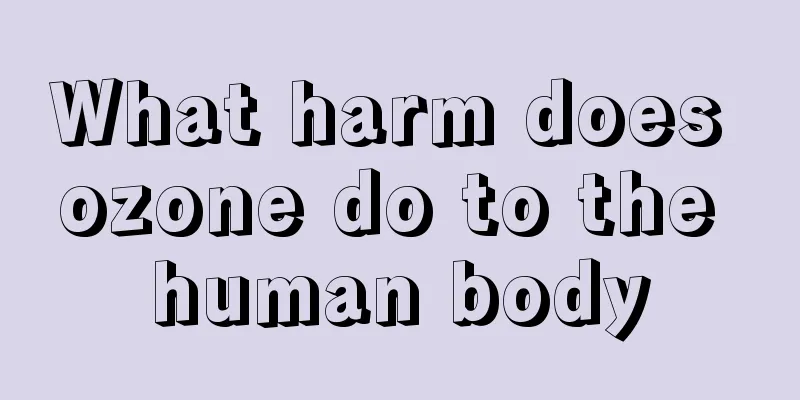What causes a fast heart rate? Which category do you belong to?

|
People of different ages may experience a fast heart rate. There are many reasons for this, some are physiological and some are pathological. Pneumonia, asthma, and other heart diseases can cause an increased heart rate, so they must be checked and diagnosed in a timely manner. (1) Physiological tachycardia: Physiological tachycardia is very common. Many factors can affect heart rate, such as changes in body position, physical activity, food digestion, emotional anxiety, pregnancy, excitement, fear, excitement, drinking, smoking, drinking tea, etc., which can increase heart rate. Age is also a factor; children tend to have faster heart rates. (2) Drug-induced tachycardia: such as sympathomimetic drugs like ephedrine and adrenaline. Parasympathetic blocking drugs such as atropine, caffeine, thyroxine, amphetamine, etc. can cause a rapid heart rate. (3) Pathological tachycardia: Systemic diseases such as high fever, anemia, hypoxia, infection, hyperthyroidism, pain, acute rheumatic fever, beriberi and neurosis can cause tachycardia. The normal heart rate is 60-100. Pay attention to your daily health care, maintain a regular living routine, keep warm, exercise moderately, avoid overeating and drinking, eat a light diet consisting of fruits, vegetables, lean meat, soy products, etc. Avoid greasy, raw, cold, salty and spicy foods, and avoid tobacco and alcohol. People of different ages have different heart rates. The younger the age, the faster the heart rate. If the heart rate exceeds the normal range, it is called a tachycardia. The accelerated heart rate caused by illness is most common when you have a fever. For every 1°C increase in body temperature, the heart rate can increase by 10 to 15 beats per minute. Therefore, diseases that can cause fever will often result in an accelerated heart rate, but typhoid patients are an exception. The pulse of typhoid patients is relatively slow, which is called a relatively slow pulse. This is an important characteristic of typhoid. Pneumonia, asthma and other diseases affect heart function. When heart failure occurs, there will be symptoms such as rapid heart rate, rapid enlargement of the liver, rapid breathing, and blue lips. In children with severe anemia, the heart rate will also increase to meet the body's need for blood supply. A rapid heart rate may also occur when taking drugs such as atropine and epinephrine. Diseases of the heart itself, such as myocarditis, pericarditis, etc., can also increase the heart rate. A fast heart rate will generally return to normal as external factors are eliminated and the disease improves (such as fever subsiding, anemia improving, and heart function returning to normal). |
<<: What is rheumatic heart disease? Symptoms and signs should be taken seriously
>>: Keshan disease treatment requires early detection and early treatment
Recommend
How to check for melanoma?
The main symptoms of melanoma are itching, bleedi...
Are nose patches useful?
Nasal congestion is a very common symptom and it ...
What are the advantages of TCM in treating advanced liver cancer? Two advantages of TCM in treating advanced liver cancer
Advantages of TCM treatment for advanced liver ca...
Can pregnancy test sticks only be used with morning urine?
When using a pregnancy test stick, it is best to ...
What are probiotics?
Probiotics are active microorganisms that are ben...
The effects and functions of eating black wolfberry
In life, many people like to eat black wolfberry....
What are the scalp massage techniques for hair loss
We all know that hair is a very important part of...
How to relieve tinnitus? These few tricks can help you solve it
From a clinical perspective, there are many cause...
Does less frequent urination mean kidney problems?
The kidneys are closely related to a person's...
What is the effect of hawthorn cassia seed fat-clearing tea
Hawthorn is something we often come into contact ...
What are the early symptoms of kidney failure?
The kidneys are the most important internal organ...
Can brain cancer cause nose bleeding?
Generally speaking, some brain tumor patients wil...
Method of chest percussion
A large part of human diseases can be treated thr...
What are the brief introductions to rectal cancer?
The health of our body is directly linked to our ...
My calves and arms feel sore after drinking
Alcohol is a very common drink, and in our countr...









